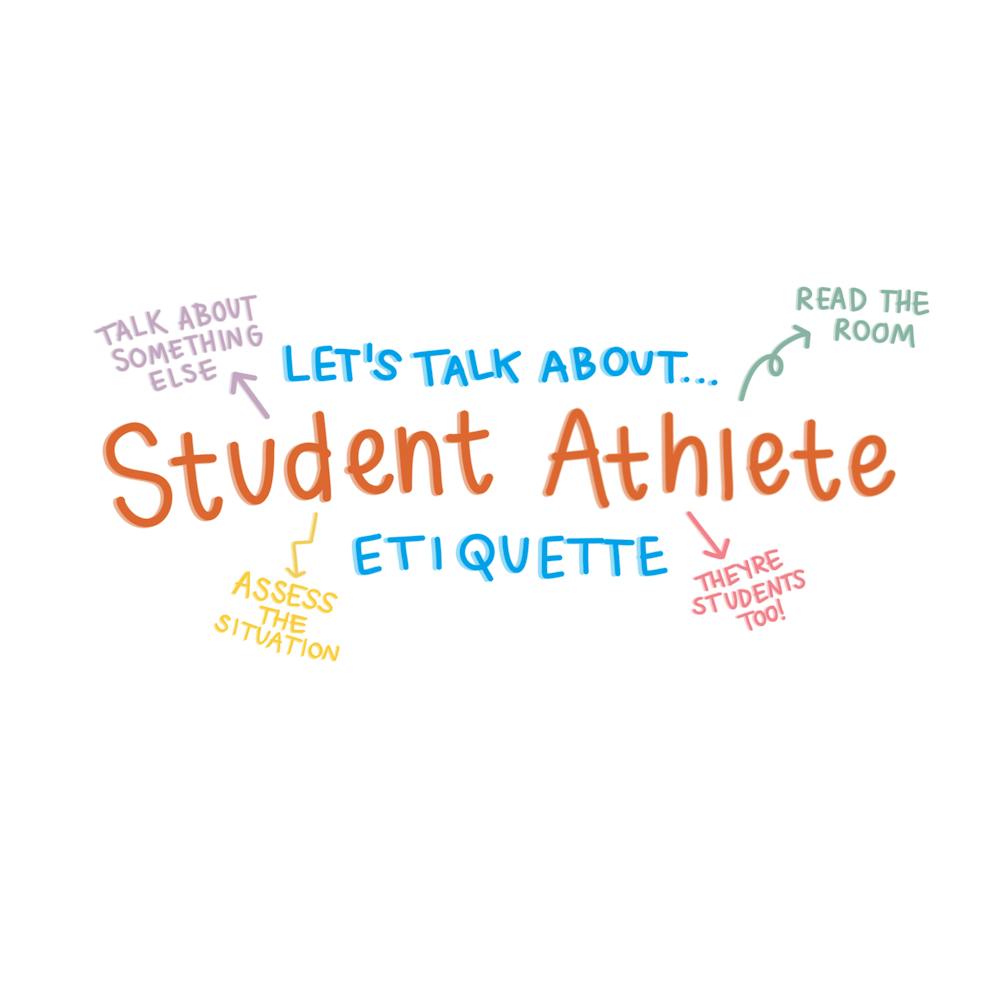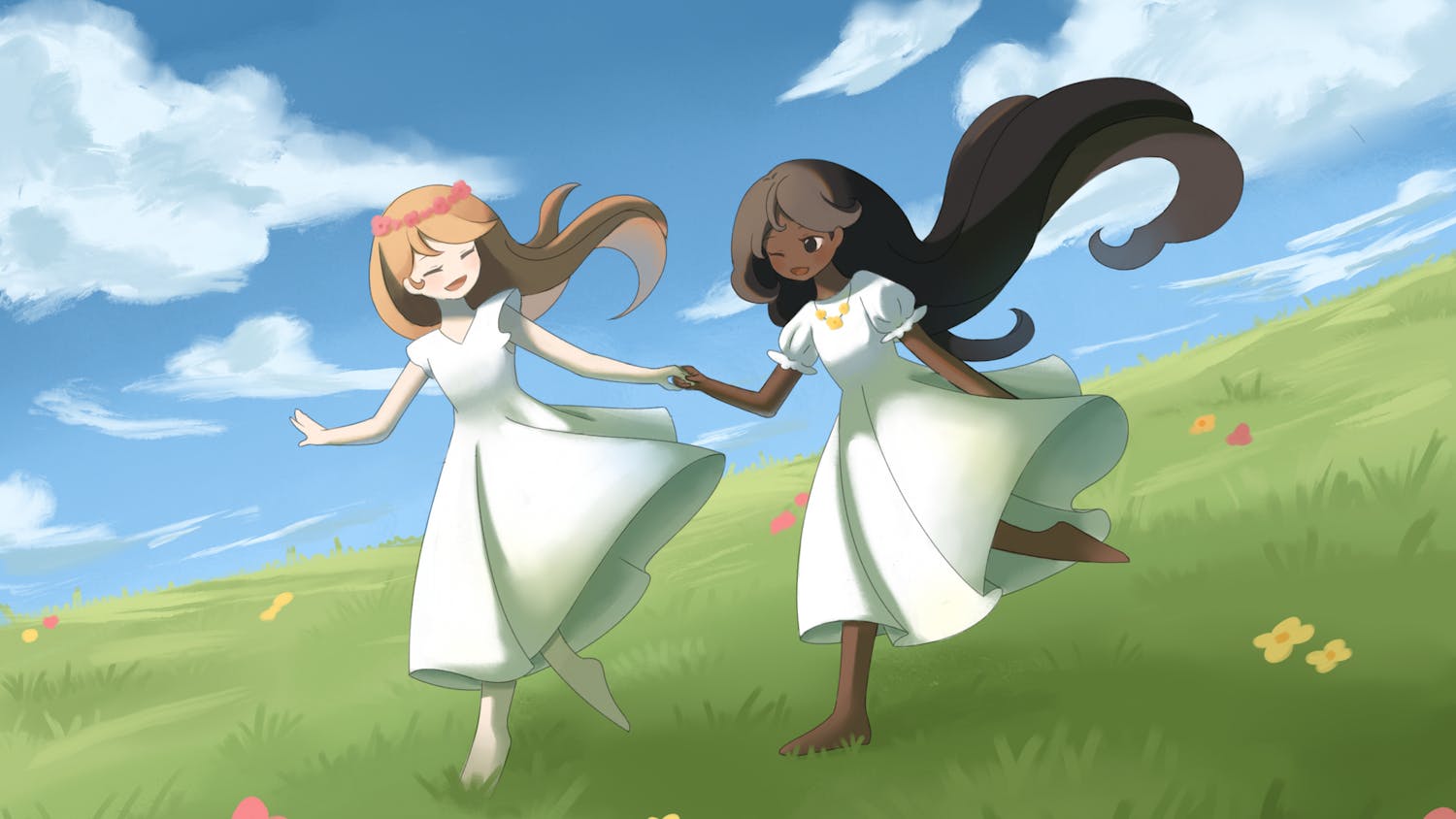If you're connected to Auburn in any way, it's virtually impossible that you haven't heard of Dylan Cardwell.
He's everywhere on the Plains: guarding the rim on the court of Neville Arena, flexing on the video board in Jordan-Hare Stadium, parading campus during the week, all while interacting with just about everyone he passes. And as the tallest player on the current Auburn basketball team at 6-foot-11, he's not hard to find.
Cardwell loves the camera, and he said he makes it his mission to take pictures with fans and make their day. In the end, though, it's important to remember that college athletes, like Cardwell, are also students like any other. Whether they love fan interaction or not, there comes a point where it can take away from their ability to enjoy the student experience on the Plains.
"I've only got to roll Toomer's one time in my four years here because everyone is stopping me for pictures," Cardwell said. "After the Samford game, it took me an hour and a half to get to Toomer's Corner from Jordan-Hare Stadium. I don't mind [taking pictures], but by the time I get to Toomer's, it's a ghost town."
They are called student-athletes for a reason; there's a time when they act as athletes and a time where they act as students. While most student-athletes embrace their platform and like to be recognized on campus, there's a time and place for everything, and there's a line to be crossed.
I had conversations with several student-athletes at Auburn from different sports to find out where those lines are and how to respect them. Here are some tips I compiled following those conversations on how to improve etiquette for interacting with student-athletes on campus.
Talk about a topic besides sports
Athletes who are routinely on national television and get regular media exposure are more likely to shy away from talking about sports outside of athletic settings. Usually, they would rather talk about something different than what they spend so many hours a week doing, according to Auburn football team captain Luke Deal.
"I think some [student-athletes] can shy away from student interaction on campus just because they don't always want to talk ball," Deal said. "They'd rather have just normal interactions as human beings, and that's something that I love about being an athlete: just talking to people and embracing the community."
However, that can be much different for athletes on teams that traditionally have a smaller following.
Auburn volleyball senior Jackie Barrett said that with her team being ranked for the first time in program history this season, they rarely shy away from opportunities to build their fan base by interacting with fans. Even so, those student-athletes have a lot of experiences at school outside of athletics, as all students do, so athletes appreciate when people talk to them like they are "one of them," because they are.
"I think it's great if they're like, 'Oh my gosh, they're on the volleyball team' – it's awesome, it really is," Barrett said. "But also I feel like sometimes, instead of asking about [their sport], ask them like, 'Hey what major are you?' or, 'Are we in the same major?' Stuff like that that's not necessarily athletic-based."
Read the room
As a general rule, treat student-athletes like a student when in classroom settings and like an athlete in sport settings. Of course, there are exceptions to that, but use your best judgement whether their mind is in a state for learning, performing or for socializing.
"Pregame, anything that's close to the actual game, please respect the game," Cardwell said. "We have a timer that starts 60 minutes from game time when we start warming up with our teams. Then, it's like 'All right, let's lock in for this game...' Anything after the game is fine."
While athletes are generally more free after games, Deal brought up the fact that some athletes need more space than others after a loss. Athletes put a lot of time and effort into their sport, and fans should be conscious of that and respect athletes' emotional state before approaching them.
All that said, consider your environment and the situation, respect the athlete's privacy and be aware of an athlete's need to focus during and before competition.
Remember, they are humans too
Seeing student-athletes perform can make it hard for other students and fans to relate to them – a lot of times, that carries over to social media. Their performance is the part of their lives available to the public, and people are often too quick to criticize them for it.
"I think [X, formerly known as Twitter] is one of the main problems with collegiate sports," Barrett said. "When you see bad stuff online about yourself, it's almost demeaning. Like, 'Am I good enough to play this sport? Am I good enough to be at this university?' The Auburn family is amazing, but there's always going to be those people anywhere you go."
It's easy to think of student-athletes like celebrities since they're on TV and their physical build might make it hard to view them as a college student. However, these athletes are in their early 20s, if not still teenagers. Remember that they're college students with feelings like any other.
At the end of the day, student-athletes are in college to help improve their teams and schools. You can better interact with student-athletes by viewing them as part of the student body instead of above it.
Do you like this story? The Plainsman doesn't accept money from tuition or student fees, and we don't charge a subscription fee. But you can donate to support The Plainsman.





